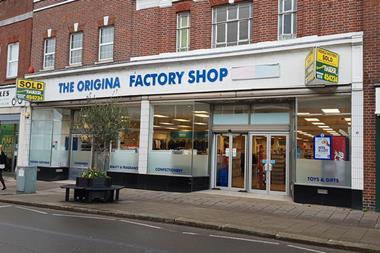Retailers, the government and animal welfare groups are backing plans concerning male dairy calf culling and exporting that could lead to a major boost to UK veal production.
Plans to support economically viable outlets for the domestic rearing and finishing of male dairy calves were set out in a report by the Beyond Calf Exports Stakeholders Forum this week.
Male dairy calves are currently considered unsuitable for beef production, and many of the 480,000 born in the UK each year are killed soon after birth as worthless, or exported to continental veal farms.
The forum proposes the development of technical and breeding improvements to reduce the number of male dairy calves born, improve calf-meat quality and promote high welfare standards for calf rearing in the UK and other EU member states. One effect of this could be the introduction of a greater number of lower-priced steaks to create a value market.
The forum's report claims there is enough capacity for the meat of male dairy calves to be absorbed into the British beef market, which imports at least 250,000 tonnes a year. Forum stakeholders will now work within their sectors of the food industry to implement the recommendations, ahead of a progress meeting in June. "The key to reducing calf exports is to develop markets that will mean the calves are worth more at home than they would be abroad," said NFU president Peter Kendall.
The proposals are supported by forum members Sainsbury's, Tesco and M&S.
Tesco agriculture manager Michelle Waterman said 930 dairy farmers supplying its milk will no longer export dairy calves, but supply them for British beef and veal instead.
Waitrose also unveiled its Calfline project in December, whereby surplus bulls from dairy farms will be reared for the beef and veal markets.
The RSPCA said it was working to persuade those supermarkets that have yet to address the issue to adopt similar policies.













No comments yet